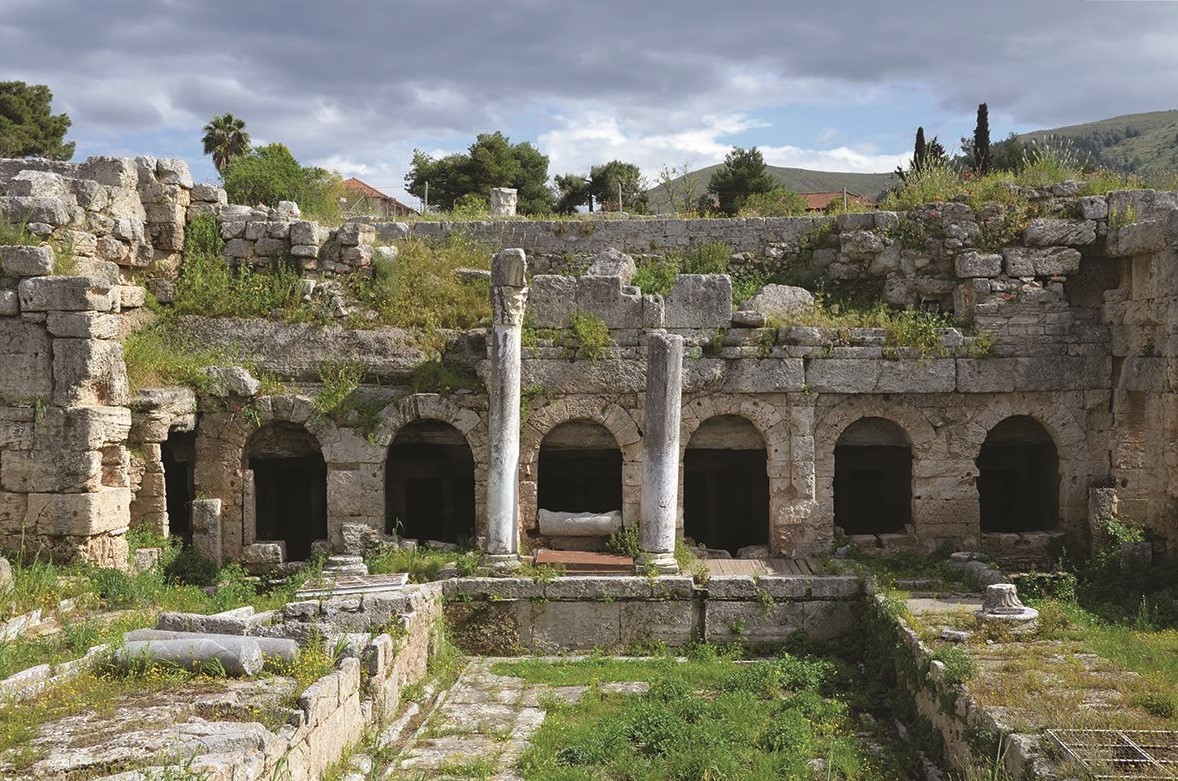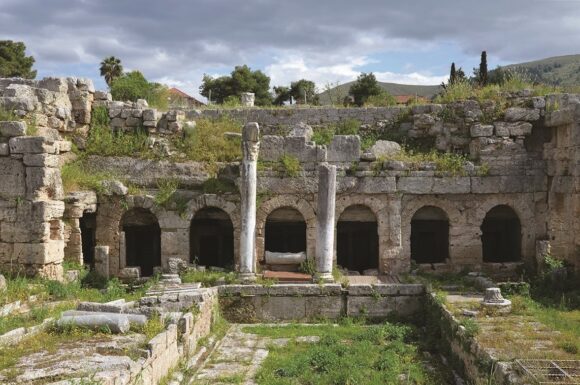THE CORINTHIAN congregation was established by the Apostle Paul during his second missionary journey. There had been a warmer response to the Gospel in Corinth than in intellectual Athens. Paul wrote this letter whilst at Ephesus, during his third journey.
Believers With Problems
In a decadent pagan city such as Corinth, it was not surprising that problems would arise: personality factions (1:12–16; 3:1–6), human pride (1:17–2:16), idolatry (chapters 6, 8, 10), wrong teaching (11:19), and serious moral problems (chapters 5–7). The authority of the apostles was being questioned (chapters 4, 9). Paul reminded the believers of the basis of their common salvation and of the need to put their house in order. Phrases such as “Now concerning…” tell us that the letter is responding to questions which some Corinthians had raised (7:1, 25; 8:1, 4; 12:1; 16:1).
There were misunderstandings about the memorial service (‘Lord’s supper’ or ‘breaking of bread’) (10:14–22; 11:20–29); and about ‘spirit gifts’ received from God (chapters 12–14). Some had been given God’s power (the Holy Spirit), enabling them to perform miracles and make inspired utterances. But these gifts were temporary and were to cease once the Bible had been completed (see 13:8–10). In any case, more important than gifts such as the ability to speak in tongues or work miracles, were the qualities of faith, hope and love—and ‘the greatest of these is love’ (13:13). In chapter 15 we have a masterly summary of the evidence for the resurrection of Jesus Christ, and clear teaching about the resurrection of faithful believers at Christ’s return.
Norman Owen
By kind permission of ‘The Christadelphian’
Some interesting links with other parts of the Bible:
- 1 Corinthians 1:27—see Psalm 8:2; Isaiah 66:2; Matthew 11:25.
- 1 Corinthians 3:11—see Isaiah 28:16; Ephesians 2:19–22.
- 1 Corinthians 15:20—see Mark 16:14; Acts 1:3; 17:31.


